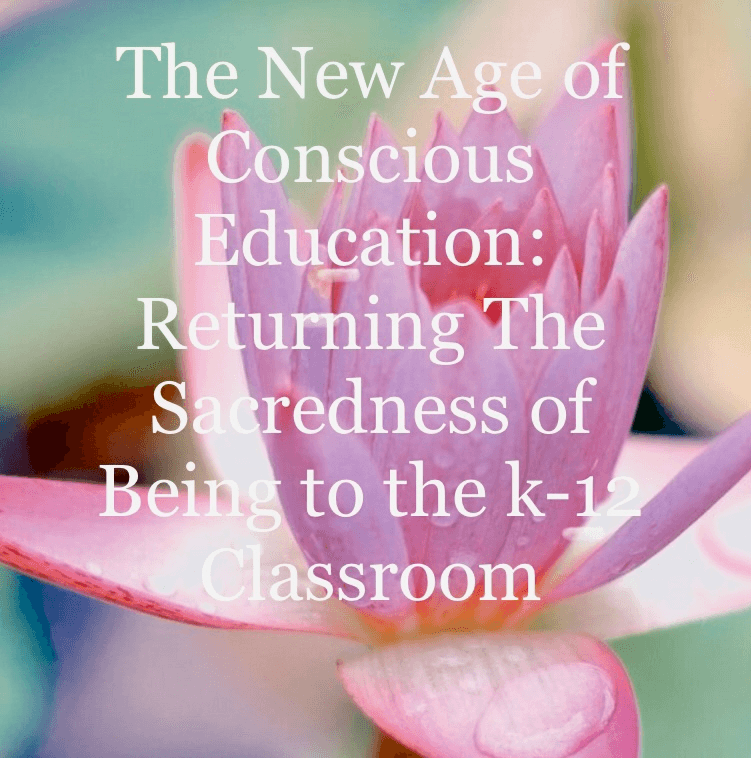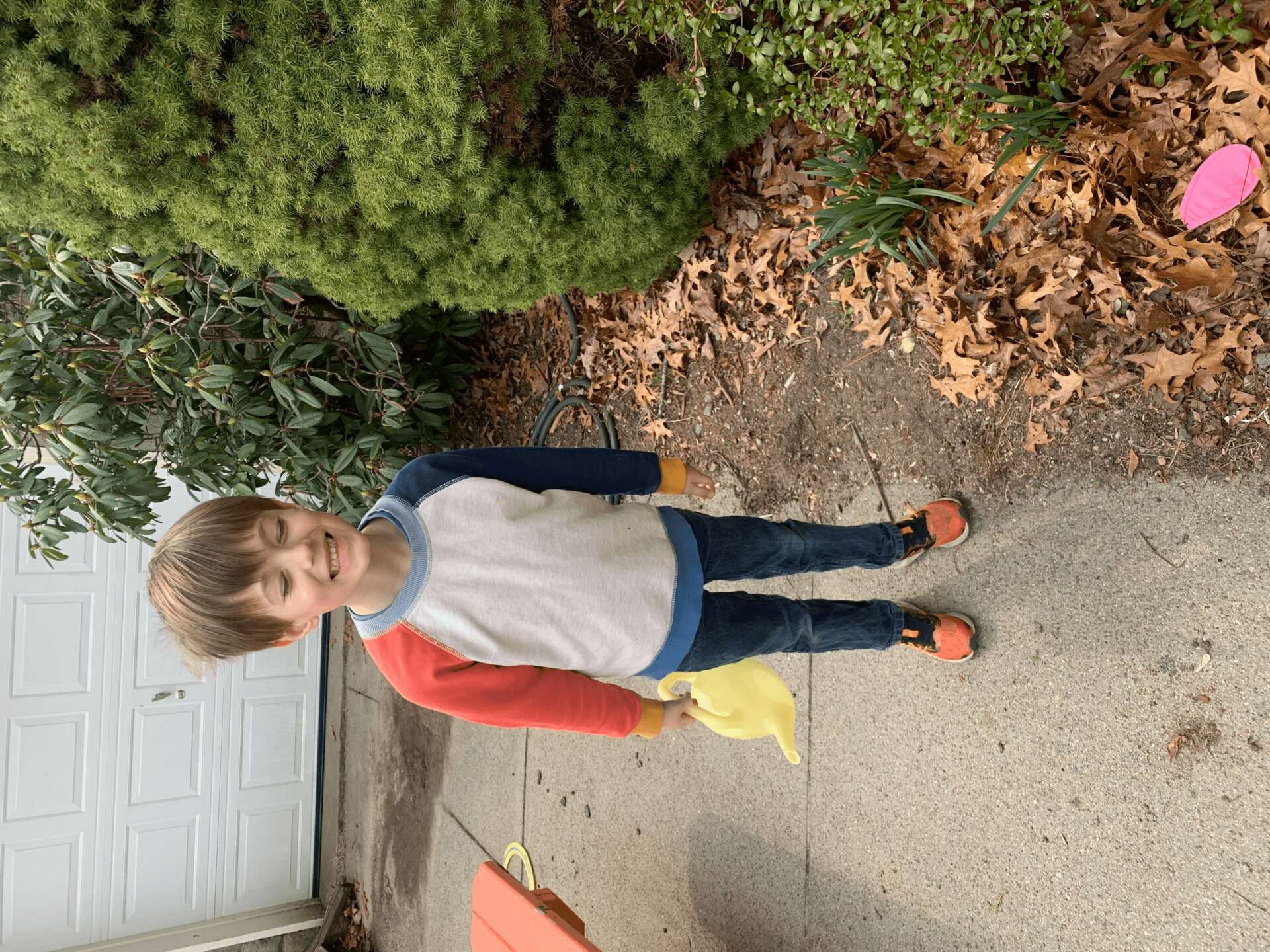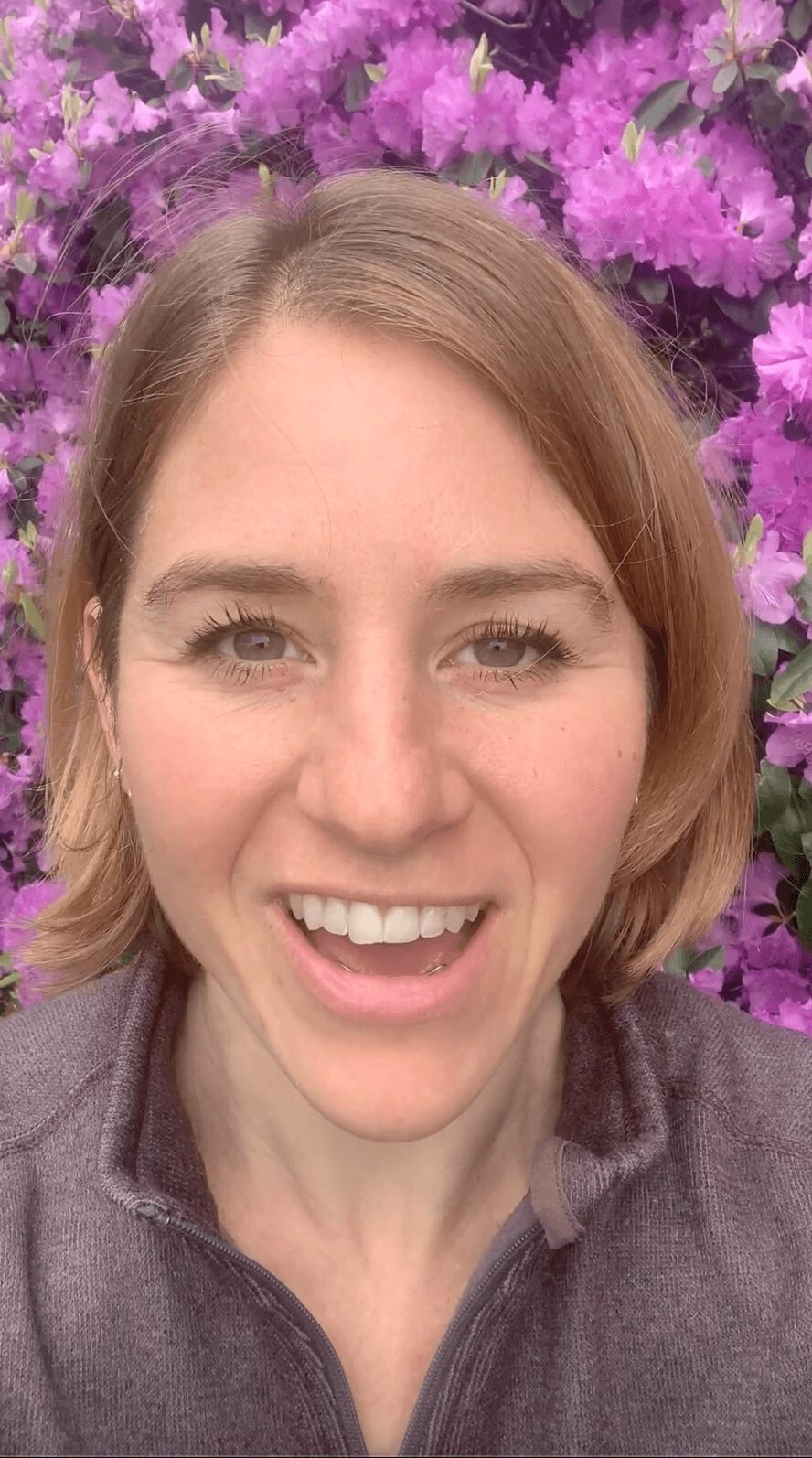We recently connected with Lina Feuerstein and have shared our conversation below.
Alright, Lina thanks for taking the time to share your stories and insights with us today. So, let’s start with a hypothetical – what would you change about the educational system?
I believe the cultivation of divine consciousness is an essential element of education that is missing from contemporary schooling. Contemporary schooling is all about the mind. Even when we are talking about things other than the mind, we still use the mind as the tool for investigation of the not-mind things. That’s like trying to open a can of tuna with butter knife: getting there, but still not quite right. There’s no real awareness of how to do things in a different way; most teachers are trained to be really good at tuning into the mind — and not very good at tuning into much else!
I’m here to change that. I have extensive knowledge of approaches to learning that set the mind aside, and I think current movements in educational reform — especially pertaining to social and emotional learning — could use a few tools from this toolbox. Contemporary approaches to SEL are “missing the boat” because they still approach problems through the lens of the mind. (With mindfullness.)
We need something more than mindfullness. The collective mind of contemporary education, both in the public and private spheres, is full enough already. Too full, I would say. We need a way to help kids attune to a sense of presence without bringing things back to the mind. The mind is not the only center for acquiring knowledge in the human system. It is an extremely important center, but it is not the only one. When we learn to put the mind aside, we can “tune in” to heart-openness, ancient wisdom, connection to Spirit, and attunement to Self-with-a-capital-S. Cultivating the skills to be able to do this within the context of their learning process will help struggling kids tremendously.
Kids need to learn in school how to connect with divine consciousness — to the loving source-of-all-things that is also in themselves. They need to learn how to tune into their bodies; notice when the mind is doing all sorts of unnecessary gymnastics; and assure themselves that they are always loved and never alone. No matter what. This needs to be taught in educational communities through direct instruction and through the tiny details of the ways in which our institutions operate. We can’t leave this to the realm of contemporary psychotherapy. We need to build it into our practice as educators.
So, How do we do this?
Words We Live By is an answer to this question. After years of watching kids suffer unnecessarily in the education systems I served, I am building a set of responses to this important predicament of how to educate our children for the coming world, one client at a time. I use knowledge of energy healing modalities to help kids tune into their innate connections with the realms of the divine, so that they can approach learning and life with senses of devotion, gratitude, and forgiveness.
Devotion, gratitude, and forgiveness: these are the seeds that blossom into boundless joy and sweetness and compassion, and they are not taught, truly, as ways of being in schools that I’ve encountered in the US. To cultivate these seeds, I use methodologies from both my rigorous academic training at premiere institutions and my training as a yogi-curandera. The next few decades of this century are going to need approaches to education that embrace the fullest capacity of the human being — not just the rational capacity of the human being — and I am eager to be a part of the creation of this new and important approach to healing our education systems.
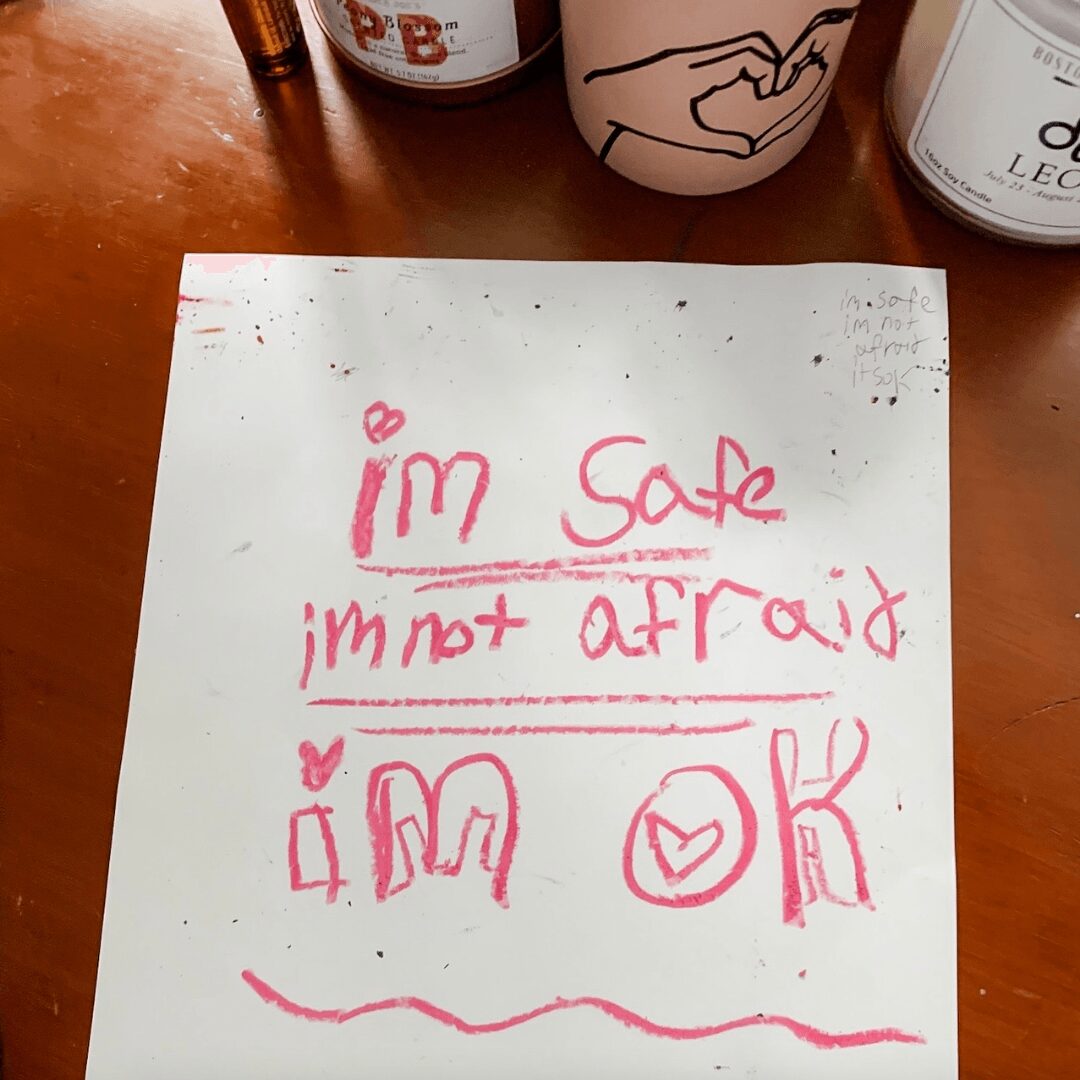
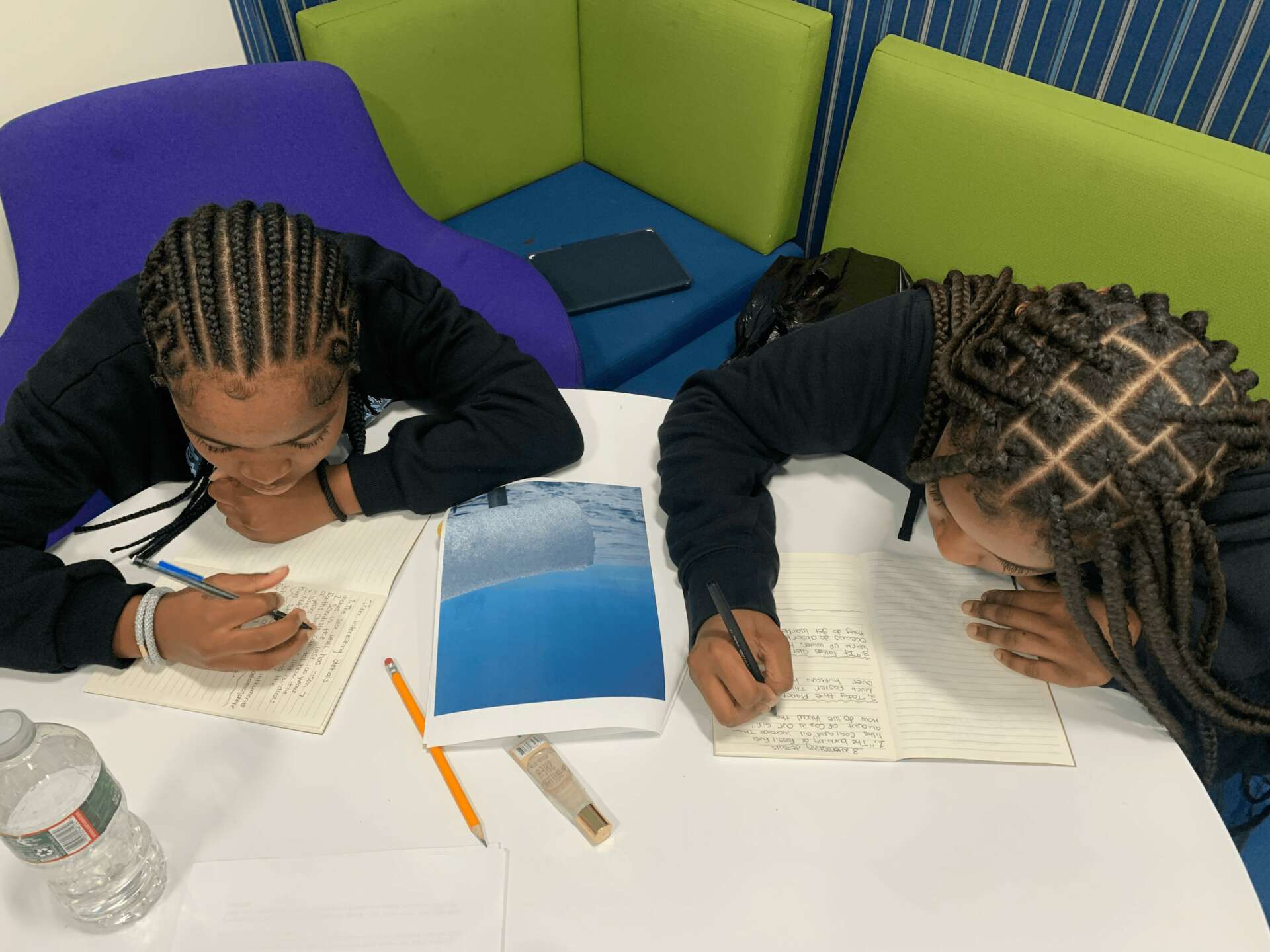
As always, we appreciate you sharing your insights and we’ve got a few more questions for you, but before we get to all of that can you take a minute to introduce yourself and give our readers some of your back background and context?
My professional career as a boarding school teacher began in 2012, when I graduated from Carleton College and joined the faculty at St. Paul’s School and the first graduating class of University of Pennsylvania’s Independent School Teaching Residency. I taught humanities for three years at St. Paul’s School; religion for four years at Phillips Exeter Academy; and ESL for five years as an online instructor for School of Leadership Afghanistan, while I earned a master’s degree in theological studies at Harvard Divinity School. I also have experience teaching middle school students at YESSAT in Shanghai; high school creative writing students at Interlochen Academy of the Arts, and college students in Carleton College’s Rome Study Abroad program. In addition to my training as a teacher in the classroom, I am also a researcher in education and have contributed to research teams supported by Harvard’s Project Zero and Reimagining Migration.
While I was developing my career as a teacher and researcher, I was also engaged in my own healing process; I explored healing modalities from traditions from all over the world. I trained in meditation practices, Hatha yoga, and sound healing in India and Nepal. I learned about Ayurvedic medicine in Puerto Rico. I also studied Shipibo medicine and healing techniques in the Amazonian jungle near Iquitos, Peru, where I trained, and continue to train, to be a curandera. As I did so, I realized there were so many gifts in those traditions that could be brought to our educational system, in order to help students approach learning from a place of confidence and joy, rather than from a place of fear and anxiety. A lot of students learn to tie their self-worth to how they interact with school, and this can be quite problematic as they develop into adults. The pandemic also created a situation wherein students were, and are, experiencing heightened anxiety around school and feelings concerning self-worth and safety. My methodology aims to address this issue by helping kids tune into what I call the “third space” — a space of divine love and compassion that can assist them in approaching their studies, and their lives in general, with confidence, reverence, and joy.
There are a lot of excellent humanities teachers and tutors out there, but I am the first one to combine shamanic studies with my rigorous training as an English, history, philosophy, and religion instructor. My expertise both in intellectual realms of being and the “spiritual dimensions” of being make my practice a highly original, one-of-a-kind approach to education. My approach to teaching is a holistic one: I understand that students of all ages need more from their humanities teachers than rhetorical and compositional instruction; they need teachers who care deeply about how they tell their stories and know how to offer them new tools for telling them from a liberated stance, especially when energies behind certain narratives are limiting their capacities to know, fully and completely, the beauty of who they are.
My company, Words We Live By, a first-of-its-kind approach to academic assistance for kids of all ages. It incorporates energy healing modalities from traditions all over the world to help students express themselves clearly and persuasively through varied forms of narrative.Words We Live By’s approach to education addresses a great need for 1) the indigenization of our educational practices and 2) an understanding of the spiritual dimension of education. By helping students (re)connect to their higher senses of Self; their present communities; their ancestors; and the beautiful earth that formed them, Words We Live By teaches students how to share their stories from a place of confidence, reverence, and joy. In doing so, Words We Live By helps students develop the compositional and rhetorical skills they will need to thrive in contemporary middle school, high school, and college environments, while also reaching for the future — for the possibilities of what schooling could be for our next generations.

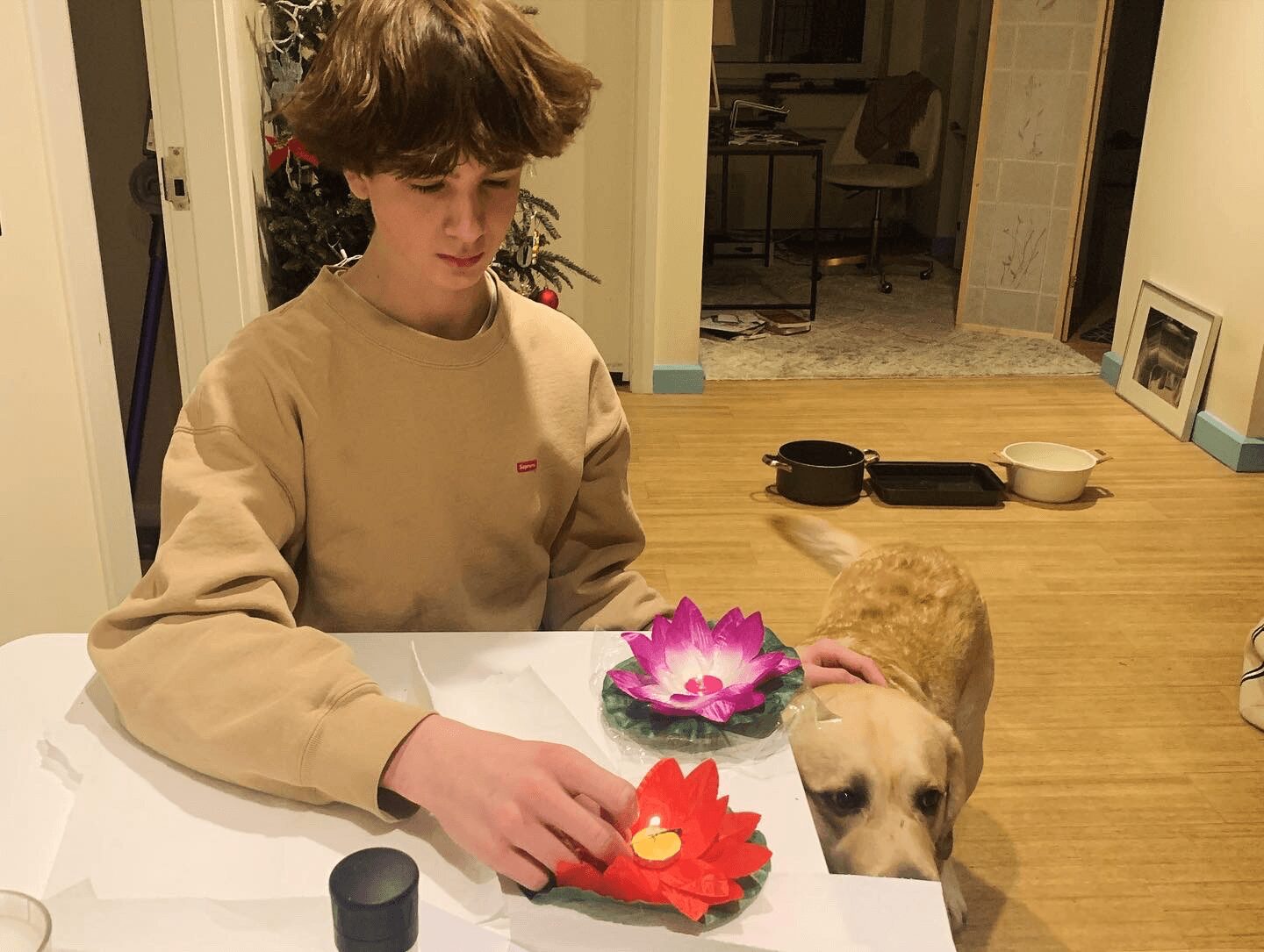
Let’s talk about resilience next – do you have a story you can share with us?
There have been so many moments on my journey that have required resilience and a deep, unwavering faith in the universe. I firmly believe that every challenge we face in life can yield pearls of wisdom, if we are open to cultivating ourselves in the direction of faith, love, and forgiveness. Some of the greatest challenges in my life opened my mind to modalities of healing and learning that fall outside categories defined by “rationalism.” These modalities are what helped me cultivate the flexibility of mind that allowed me to perceive the limitlessness of the divine; “stay with” the nuance and complication of a situation when fear had me painting all things in oppositional extremes; and, most importantly, truly see beauty and power of the self, especially when I felt like I couldn’t go on.
One of the things I learned on my journey was how to speak to, and listen for, my ancestors in trying moments. Even though we can’t see them, our ancestors are all around us, and they help support and guide us along our path (this is something I teach kids in my practice, as I teach them how to connect to vast networks of support that exist for them). I remember one particular trying moment in my twenties, just after my mother died, that required me to really lean in to my faith that my ancestors, and the universe, had my back:
I was driving in loaned, broken-down Ford truck to Marshall’s about a year after my mother died, wearing the only clothes I owned — a fleece sweatsuit from Wal Mart, no socks, no underwear — after a disastrous flea infestation in a rental apartment forced me to get rid of everything I had. I managed to save a pair of boots by picking the fleas out of them with a safety pin, so I wasn’t driving without any shoes, but it was winter in the midwest and I remember my feet felt like icicles. At that point, I had recently lost my family, as well as my house; I wasn’t sure if I would have a job in about a month; I had pneumonia; and I had just put down my mother’s beloved dog — which I took care of for a year after she died — about a week before. I remember scratching the tiny flea bites I had all over my stomach, as I drove one-handedly, calculating the amount of money I thought I could spend on a new pair of work clothes without breaking my bank account. I pulled into to an empty spot in the Marshall’s parking lot and turned off the engine. My mind turned off then, too. I sat for a moment in the stillness of silence. Snow began to fall on the windshield of the car. As I watched it fall I was brought back to an impression of my mother’s funeral: cold wind; snow on the earth; an open grave; my fists full of dust. Suddenly I heard a voice speak to me the very last words my mother spoke to me before she died:
“Treat yourself like the queen that you are.”
I was shocked when I heard this voice, as I looked at what I was wearing. A queen? Does this look like a queen’s outfit to you? I laughed hysterically. “I’m a queen!” I said to myself, “I’m a f*cking queen.” I laughed until heavy sobs began to emerge seemingly from nowhere, curling me into a fetal position in the front seat of the car. And those tears — those were the tears of resilience. They were the tears of radical heart opening, as I let myself be guided by the strength and courage it takes to touch the most vulnerable places in my human heart. My business is made from the seeds of tears like those.
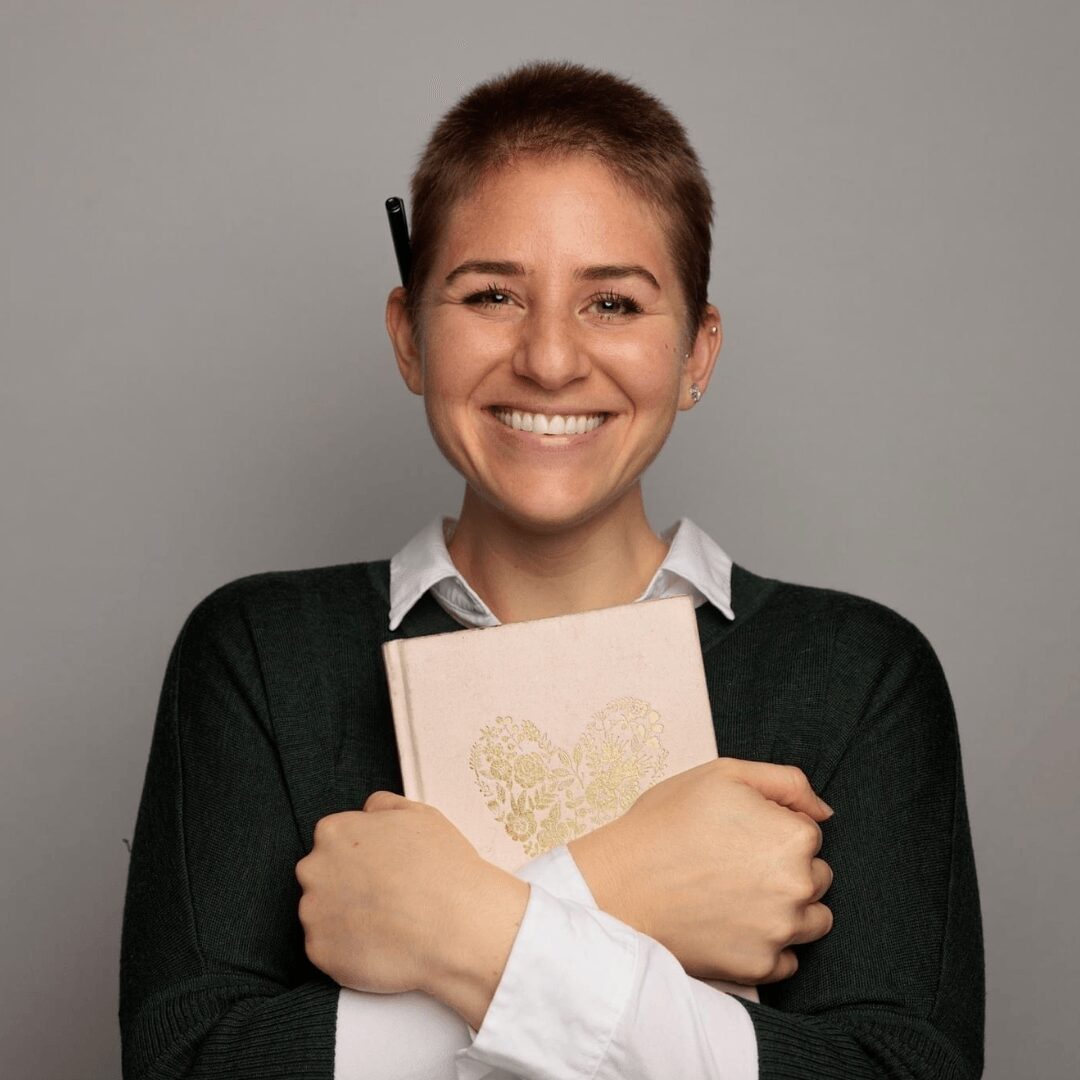
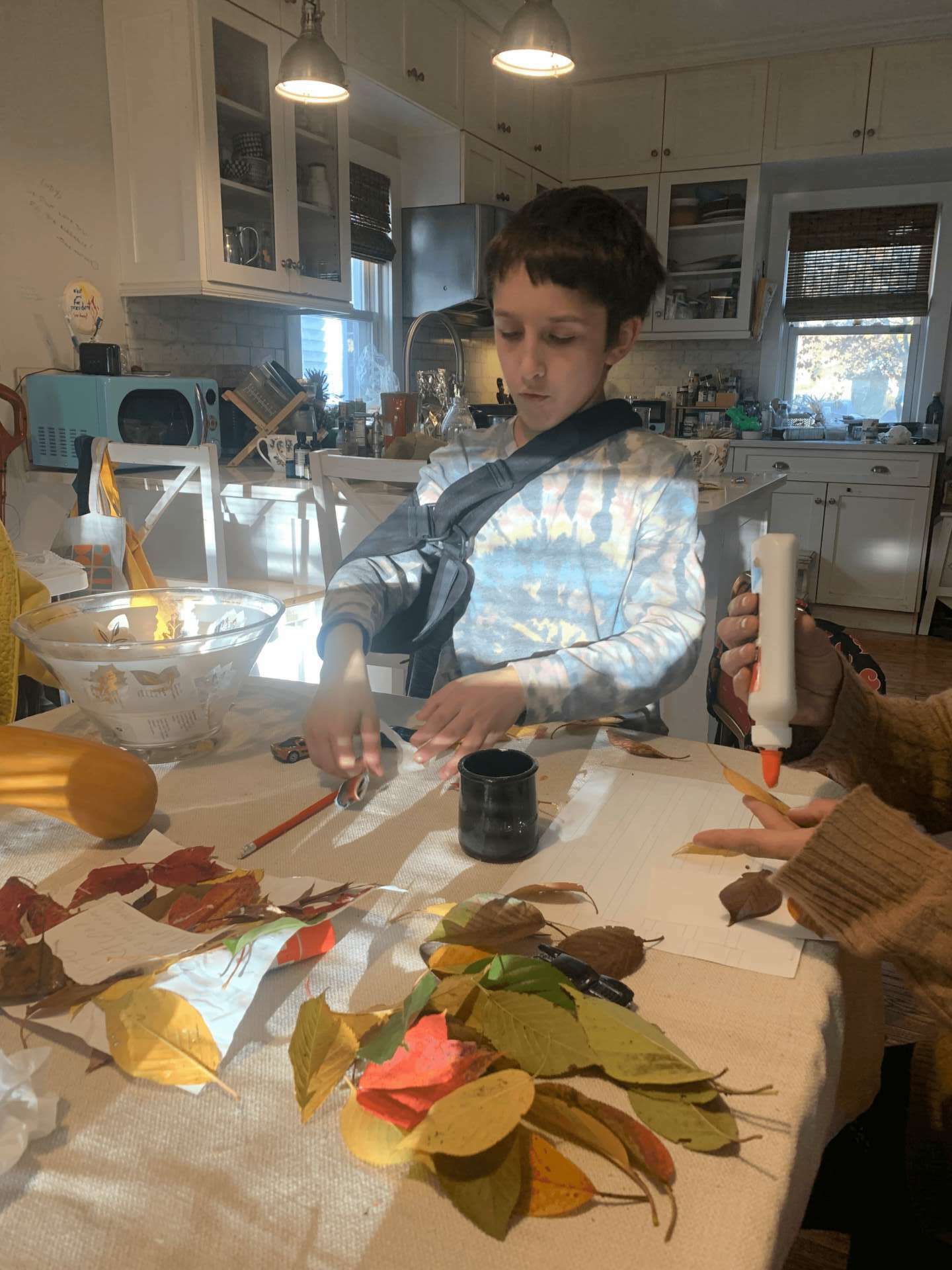
Have you ever had to pivot?
I taught high school English, history, philosophy, and religion at elite boarding schools in New Hampshire — Phillips Exeter Academy and St. Paul’s School — during the pandemic. During the critical quarantine months and throughout the next two years of my teaching, I noticed a huge rise in anxiety among students and became really concerned about their mental and spiritual health. I also saw that schools were not really equipped with the tools to be able to help them in the way that they needed help, nor were they willing, quite frankly, to take the necessary pauses that may have helped more kids through a particularly traumatic time. I understood that our current approach to education does not really take spiritual health seriously, even in the context of mindfulness, and I saw, to an even greater degree during the pandemic, a huge need for instruction around spiritual care. It got to a point where I couldn’t bear to see what schools were doing to kids in the name of “excellence,” and even though I was really scared to leave a career I had cultivated for eight years, I knew I had to do it. I knew that I had tools to help kids in the way they needed. And I knew that I could continue using these tools to help students outside of the classroom in the (extremely limited) free time of my boarding school life, or I could stop overworking myself; stand in my truth on my own two feet; and start a business wherein I could both prioritize my own health and help children learn in a way that was entirely supportive for their ability to blossom into their most authentic, happy selves. So, I left my teaching job and started Words We Live By!
Contact Info:
- Website: https://www.wordsweliveby.com
- Instagram: @words_weliveby
- Facebook: https://www.facebook.com/lina.feuerstein/
- Linkedin: https://www.linkedin.com/in/lina-feuerstein-b92b4a25b/
- Twitter: @words_weliveby_
